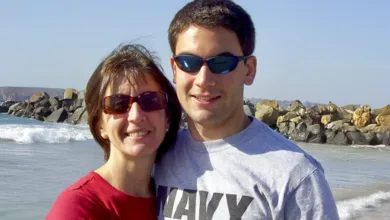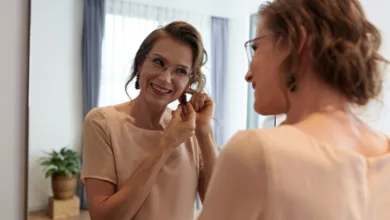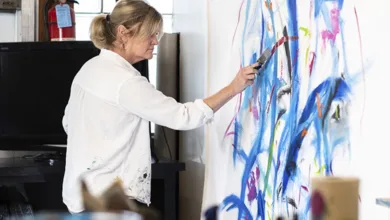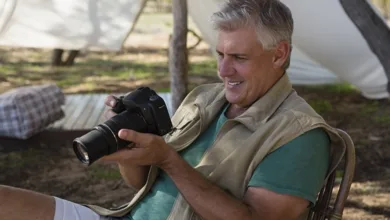Stronger Together: Why friendships matter more than ever
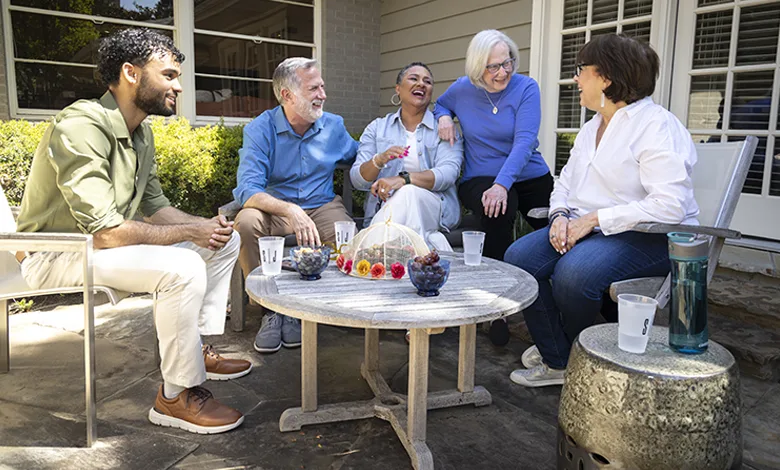
Beth Baker was around 7 years old when a little girl named Marcia moved onto her suburban Ohio block. The two became quick friends and were inseparable throughout third, fourth, and fifth grades. Then Baker’s family moved to the Washington, D.C., area. In the years that followed, the two wrote letters, talked on the phone, and saved their money to visit each other.
Six decades later, they still live hundreds of miles apart geographically. Emotionally, though, they’re as connected as always.
“We laugh so hard together,” said Baker, author of “With A Little Help From Our Friends: Creating Community as We Grow Older.”
“I have other friends I met later in life whom I have much in common with and feel close to. But there’s something special about knowing someone since childhood.
“But no matter. I love all my friends. Like the friendships we all have, they feed different parts of ourselves.”
The ideal number of friends is personal; there’s no magic number. But we all need them in every stage of our lives. They make us laugh. They make us think.
They’ll hand us a tissue, bring us a casserole, listen when we gripe about our jobs, families, or kids, and understand exactly what we’re trying to say when we’re giggling too hard to get the words out. They lighten our burdens and illuminate our joys.
“It’s all intertwined,” Baker said. “Laughter and humor are great for us. Having a few pals you can have a good laugh with is really valuable.”
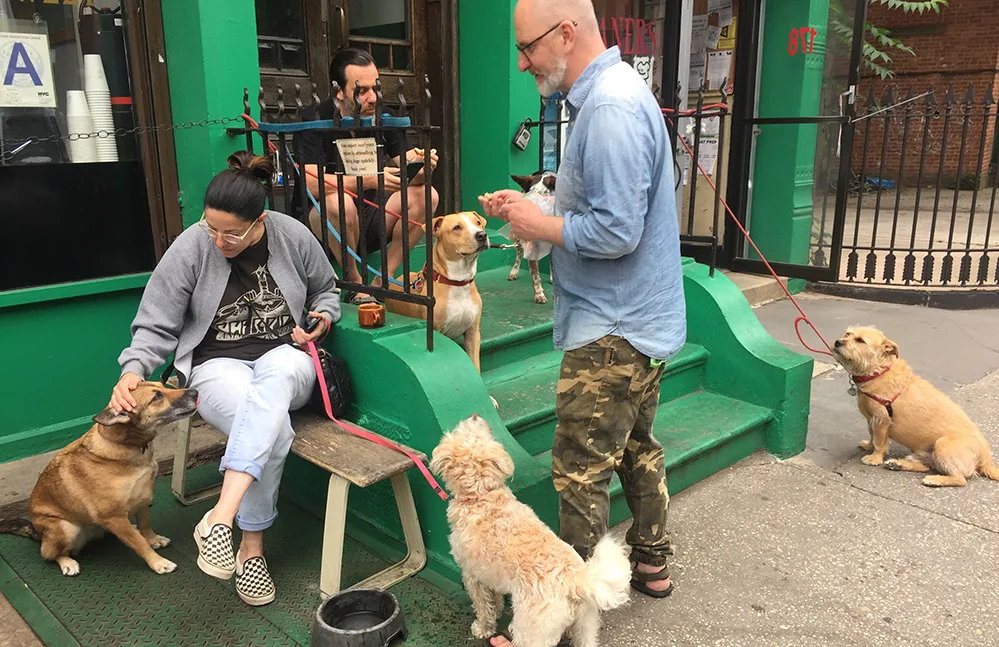
Every day, more research solidifies what we inherently know, namely, how imperative friends are to our lives. They’re the ones who, as one study shows, help us better deal with stress.
Other research points out that people with strong friendships benefit in many ways. They are, for instance:
- Less likely to be depressed and more likely to be satisfied with their lives than those without strong friendships.
- Less likely to die from such health issues as heart problems and numerous chronic conditions.
- More likely to have a positive sense of well-being.
- More likely to judge a hill less steep than it really is when they’re climbing it with a friend.
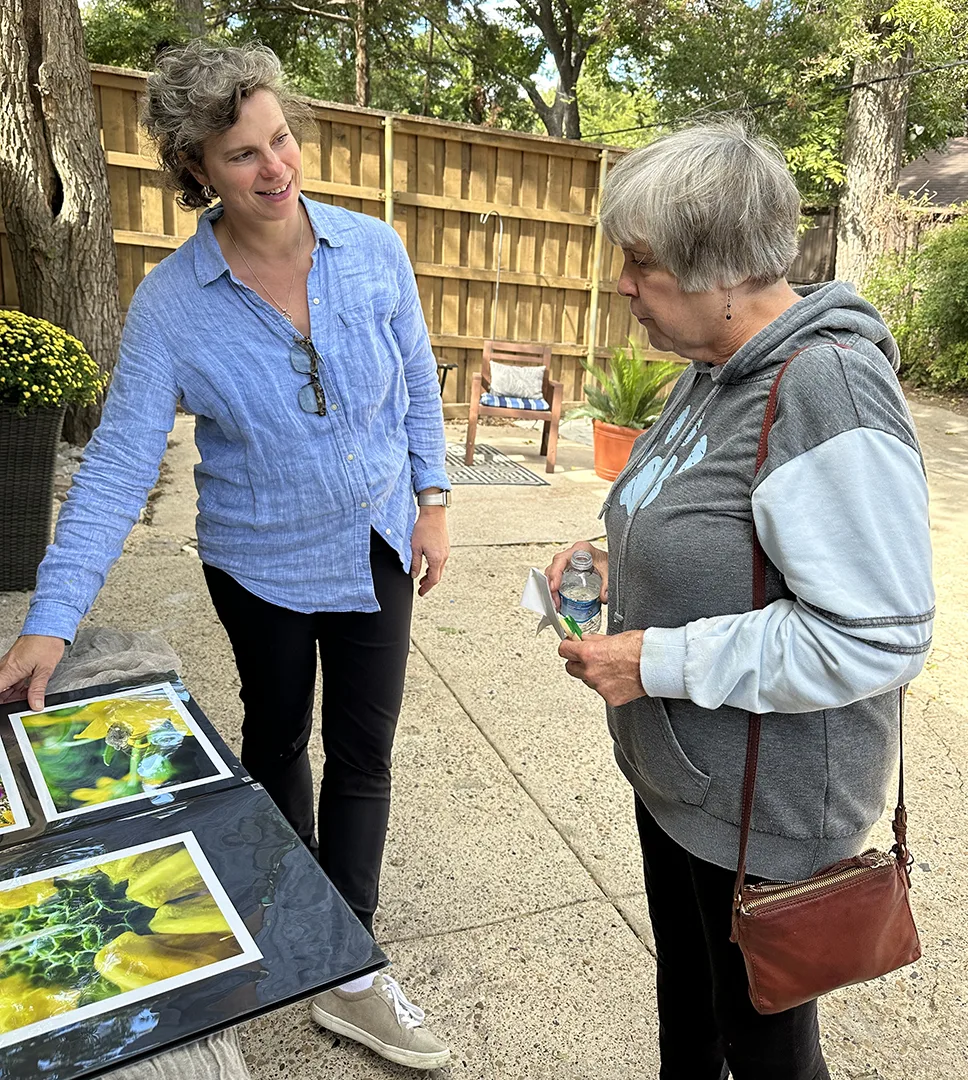
Reverse those statistics and get this sobering one: People with no friends or with unsatisfying friendships have twice the chance of dying prematurely.
According to researcher Julianne Holt-Lunstad, Ph.D., director of the Social Connection & Health Lab at Brigham Young University, that risk factor surpasses that of smoking 20 cigarettes a day. It’s so detrimental to our health that former U.S. Surgeon General Vivek Murthy called loneliness “an epidemic.”
“It’s bad for you and bad for our general culture,” Baker said. “We want to live in a society where we are drawn to help and to accept help. Having friends is a natural way to have that.”
Admittedly, Baker said, the older we get, the tougher it can be to make friends. When we’re children, as she and Marcia were when they met, we meet friends through school, through scouting, through sports, and through where we worship.
That continues into middle school and high school. In college, we make friends with people in our dorms, classes, clubs, sororities, and fraternities. We start jobs where we meet people; we become friends when we commiserate, eat lunch, or go to happy hour together. We marry, and if we have children, often our friends are the parents of our kids’ buddies.
“There’s a natural pool of people we’re around,” Baker said. “But as we get older and retired, friends might move to be closer to their children. They start to die.
“If you’re not paying attention, you could wake up one day and say, ‘Where is everybody?’”
Maybe, just maybe, they’re looking around and asking themselves the same question. Psychology Today suggests starting with this trio of ways to meet friends: proximity, similarity, repetition. Expanding that, here are 11 musings about friendship: where to find it, how to deepen it, and why it matters.
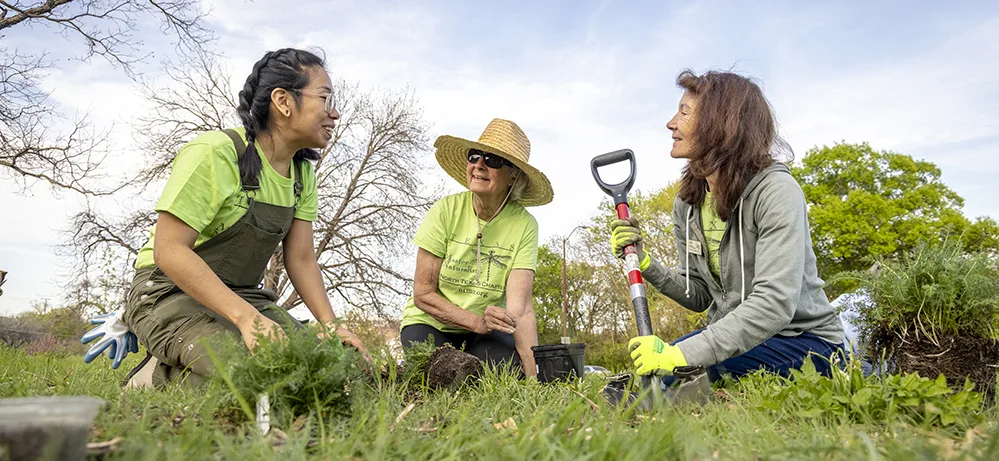
Be intentional about making friends. Baker said you’ll likely become isolated and lonely if you’re not. So, strike up a conversation with someone in your cycling class you’ve only smiled and nodded at until now. See if she wants to go to coffee after the next class. Sign up for a pickleball league or birdwatching walk at the neighborhood senior center. Get involved in the community butterfly garden. Join a book club at the library or a nearby bookstore.
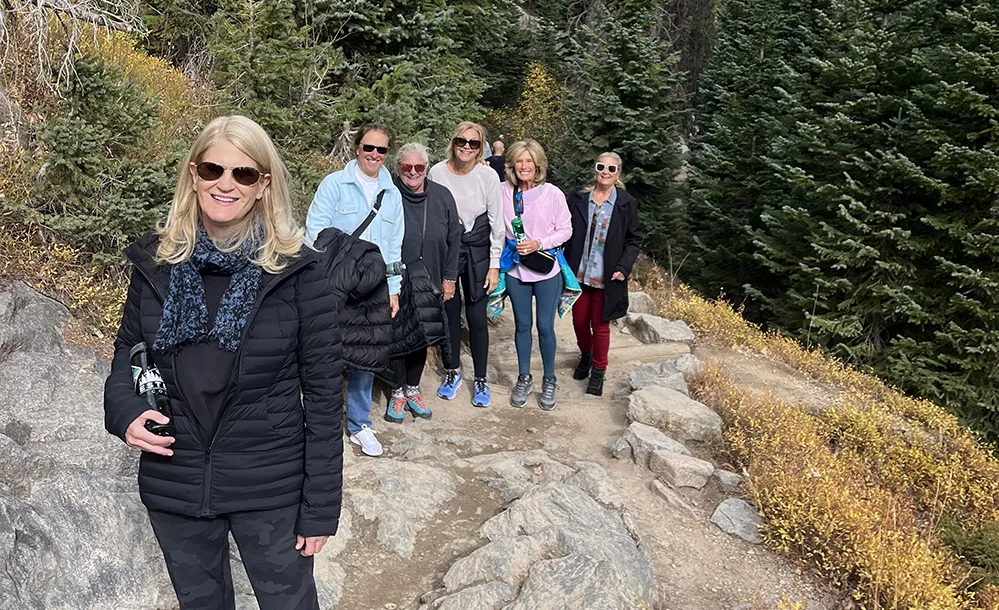
Look up old friends. Remember how much fun you and your sorority sisters used to have or what great conversations you and the mom of your daughter’s bestie used to have? Track them down; maybe even plan a weekend together for old times. Think how tickled you’d be if they reached out to you.
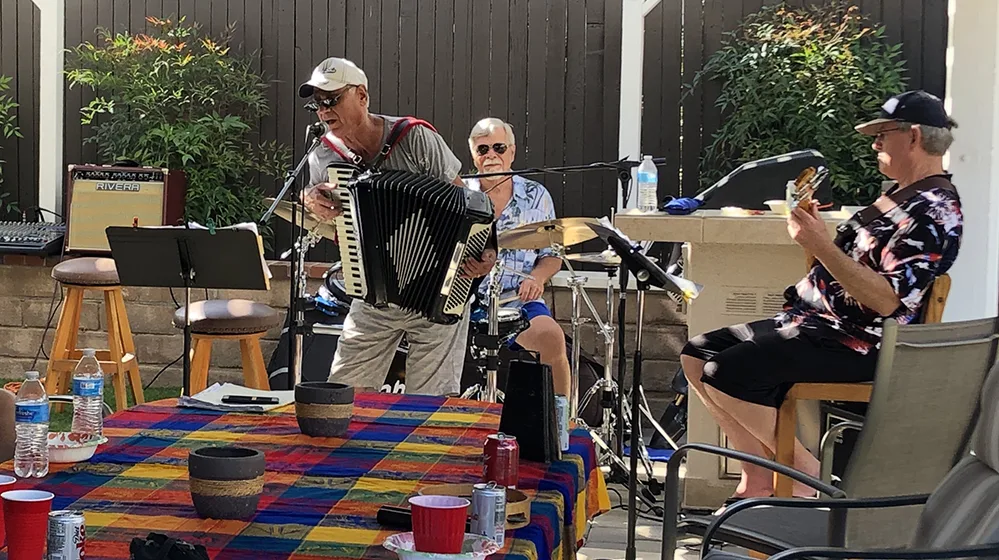
Widen your friendship circle. “I don’t think enough attention is paid to this, that there is value in having friends of different ages,” Baker said.
“My mother told me before she died that the hardest thing about growing old was seeing her friends die.” That made a deep impression on her. She now goes out of her way to meet younger people and get to know them better.
Additionally, having friends with different interests is invaluable, she said.
“Say something in your life changes, and you don’t feel as close to a particular group of friends,” she said. “If you have friends in different parts of your life from different groups, that can be protective.”
Volunteer. “I really feel like when you’re retired and older, you have time to give back to the wider community,” Baker said.
“If you get involved in any kind of volunteer, political, or congregational work, you’ll be around people who value what you’re doing and may become your friends. Even if they’re not intimate friends, you’ll care about them, and they’ll care about you.”
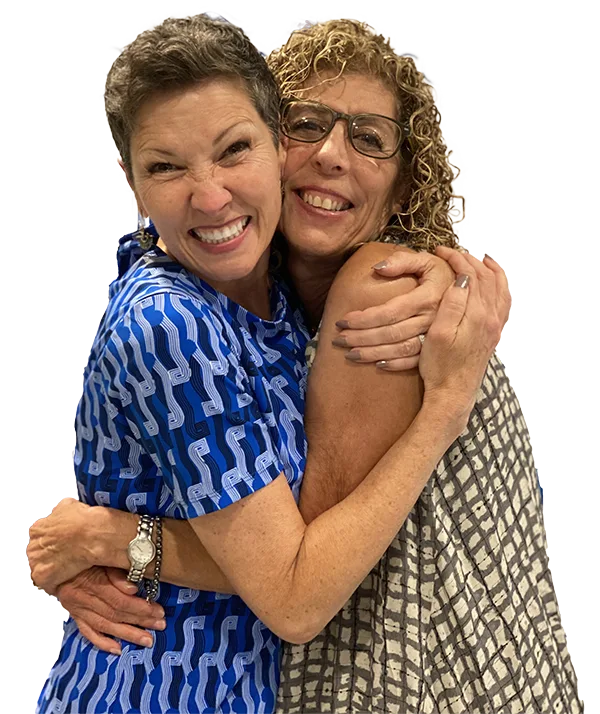
Learn the names of your neighbors (and their kids and dogs) and be the person who brings pound cake or flowers to new people moving in.
“There’s value in neighbors whose lives you may not know everything about, in people who greet you and are happy to see you. It’s all valuable,” Baker stated.
She makes a point of finding out when friends’ or neighbors’ children are in a school play, concert, or sporting event. Then she asks if she could go, too. Do you think anyone ever says no?
Offer to help out. “I’m lucky because we live in a close-knit neighborhood,” Baker said. “We pick up mail and newspapers when each other is out of town. We might watch someone’s kid while they run an errand. Helping each other out can lead to friendship.”
Her block also organizes simple potluck picnics. “They’re great ways to start a conversation and find who you might hit it off with,” she said. “People tend to stick to their peer group, but it’s fun to make yourself more expansive about who you’re talking to.”

Be creative. Her late mother-in-law, lonely after her husband’s death, wanted to make friends with people in her apartment building. So, she posted notes inviting everyone to a movie night in her apartment. The idea was original and sounded fun, but nobody responded. Oh well, she made friends in other ways. Sometimes, Baker’s mother-in-law realized that some friendships just aren’t meant to be.
When situations change, friendships don’t have to. If a spouse of a couple you’ve always been friends with dies, keep the friendship with the surviving spouse. It’ll be a tough time for that person; knowing he or she has friends will help ease that pain.
Cultivate relationships all around you. Have friends outside your marriage, Baker said. “My husband and I have our own interests and spend time with others, which is so important. One of you will die first; don’t be in denial about what the future holds, or you’ll end up super lonely.”
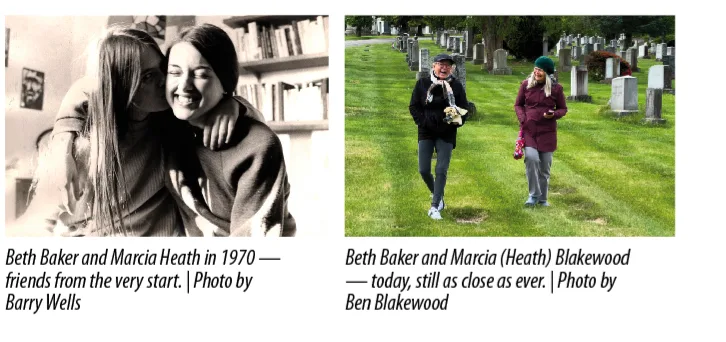
Be the friend you want to have. Be loyal. Be kind. Reach out.
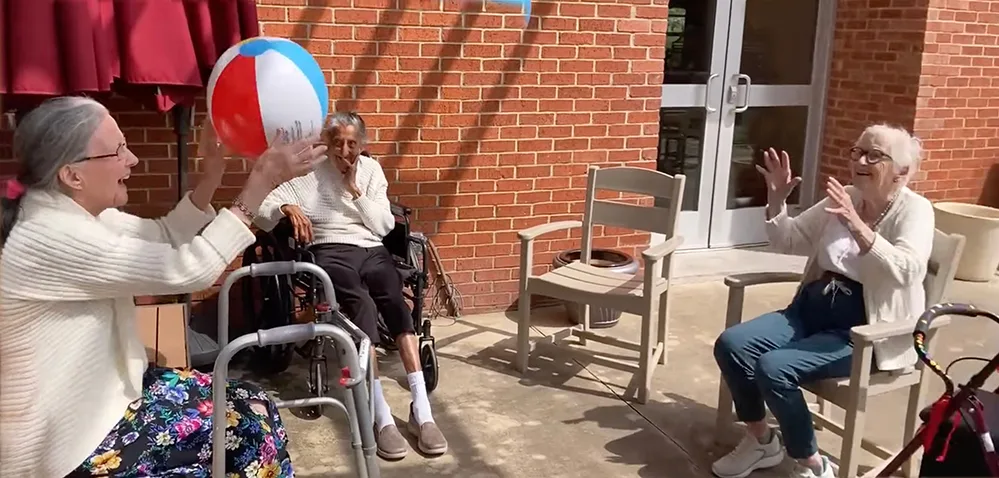
Make your friends a high priority. “If you have to choose between getting things on a to-do list checked off versus spending quality time – taking a walk, going out for a drink – with a friend, prioritize the people in your lives,” she said. “That’s my main advice.”


